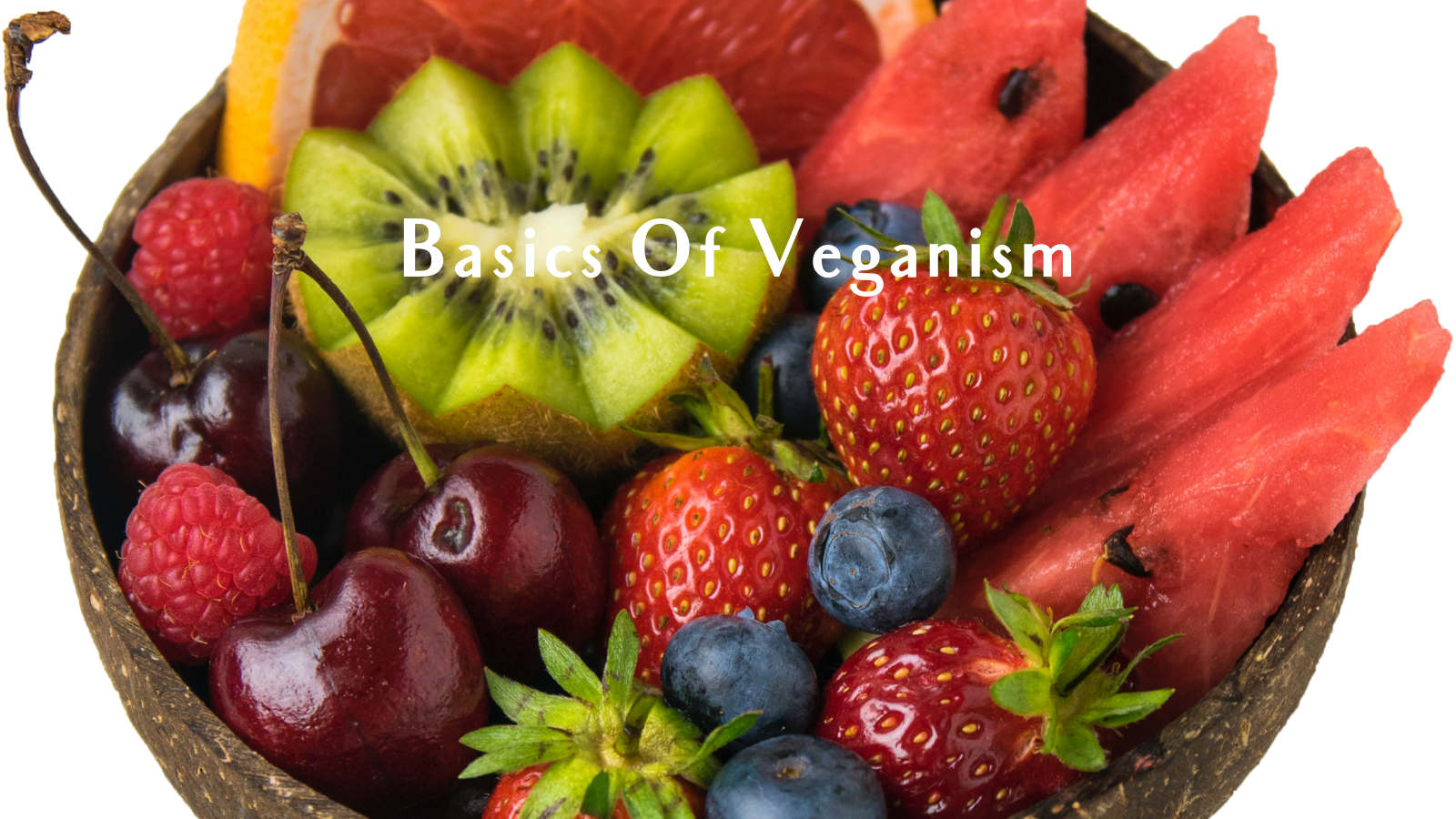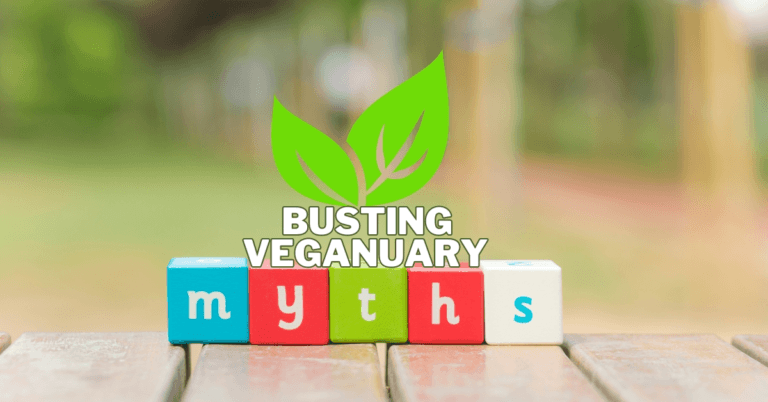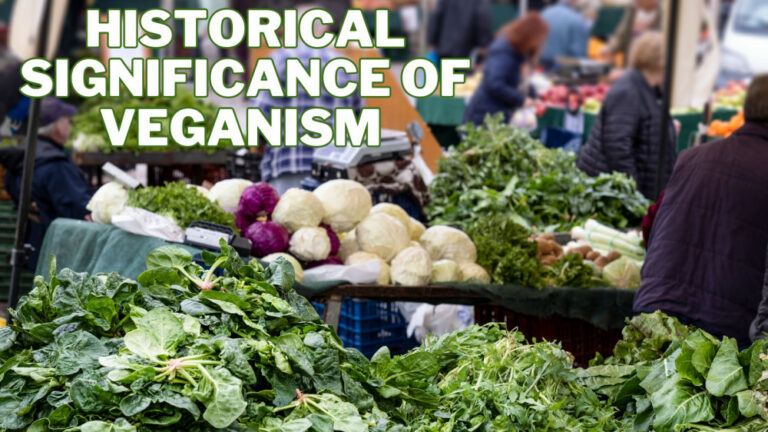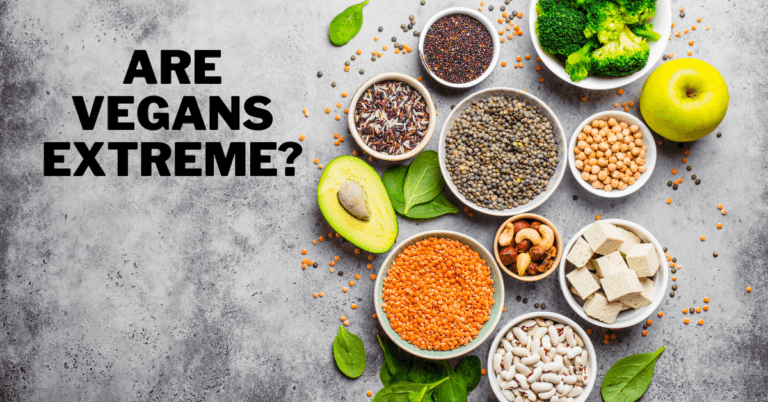Basics Of Veganism
Basics Of Veganism
Veganism, a lifestyle that has gained significant popularity in recent years, goes beyond just a dietary choice.
Veganism is a philosophy and way of life that seeks to minimize harm to animals and the environment. Vegans strive to lead a compassionate and sustainable life by abstaining from animal products.
This article will explore the basics of veganism, including its core principles, health benefits, environmental impact, and practical tips for adopting a vegan lifestyle.
Whether you're curious about veganism or considering making the transition yourself, this guide will provide valuable insights and resources to navigate the world of plant-based living.

What Is Veganism?
Veganism is a lifestyle and ethical philosophy that seeks to exclude the use and exploitation of animals for food, clothing, or any other purpose.
It is a conscious choice to live in a way that avoids causing harm to animals and aims to promote compassion and respect for all living beings.
Fundamentally, veganism means avoiding all animal products, such as meat, poultry, fish, dairy, eggs, and honey.
Another aspect of veganism is avoiding items made from animal products, such as leather, fur, wool, silk, and cosmetics or home goods that have undergone animal testing.
The principles of veganism are rooted in the belief that animals have the right to be treated with dignity and should not be used as commodities for human exploitation.
It acknowledges the inherent value and inherent worth of all sentient beings and recognizes their ability to experience pain, suffering, and pleasure.
Various motivations drive veganism, including ethical, environmental, and health considerations.
Ethical vegans are motivated by compassion for animals and strive to create a world where animals are not subjected to unnecessary suffering.
Environmental vegans are concerned about the significant environmental impact of animal agriculture and recognize the potential benefits of a plant-based diet in reducing greenhouse gas emissions, deforestation, and resource depletion.
Health-conscious individuals adopt veganism for its potential health benefits, such as reduced risk of heart disease, diabetes, and certain types of cancer.
Adopting a vegan lifestyle involves making conscious choices in daily life, including selecting plant-based foods, using cruelty-free products, and supporting businesses and initiatives aligned with vegan values.
It is a commitment to harmonious living with compassion, sustainability, and justice. A vegan diet can provide the necessary nutrients for a healthy lifestyle.
According to research, adopting a plant-based diet might help lower your risk of contracting chronic diseases like heart disease, high blood pressure, type 2 diabetes, and numerous types of cancer.
Vegans can have a nutritious and well-balanced diet by focusing on whole grains, fruits, vegetables, legumes, nuts, and seeds.
The basis of veganism is the belief that animals should be able to live their lives free from harm or exploitation. It challenges the notion that animals are resources or objects humans can exploit as commodities.
Veganism urges people to develop a compassionate mindset by forbidding the use of animal products and encouraging cruelty-free substitutes.
Environment-damaging practices in the animal husbandry industry are considerable. The production of meat, dairy, and eggs requires vast amounts of land, water, and resources while contributing to deforestation, greenhouse gas emissions, and water pollution.
Vegans can significantly reduce their ecological footprint and promote a more sustainable planet by choosing plant-based alternatives.
Veganism extends beyond dietary choices. It encompasses a broader ethical stance that rejects the exploitation of animals in all areas of life.
This includes avoiding products tested on animals, using cruelty-free cosmetics and household items, and supporting companies and initiatives that align with vegan values.
With a growing global population, transitioning to a plant-based diet can positively affect food security.
Plant-based agriculture requires fewer resources and can produce more food per unit of land than animal agriculture.
Embracing veganism can contribute to a more equitable distribution of resources and help address food scarcity issues.
Veganism has developed a vibrant and supportive community worldwide. Many individuals find inspiration, guidance, and camaraderie by connecting with like-minded vegans through social media platforms, local meetups, vegan festivals, and advocacy organizations.
This sense of community helps create a collective voice for promoting veganism and influencing positive change.
It's important to note that veganism is a personal choice, and individuals may have their own motivations and approaches to practicing it.
The key is striving for progress rather than perfection and making conscious choices that align with compassion, sustainability, and justice.
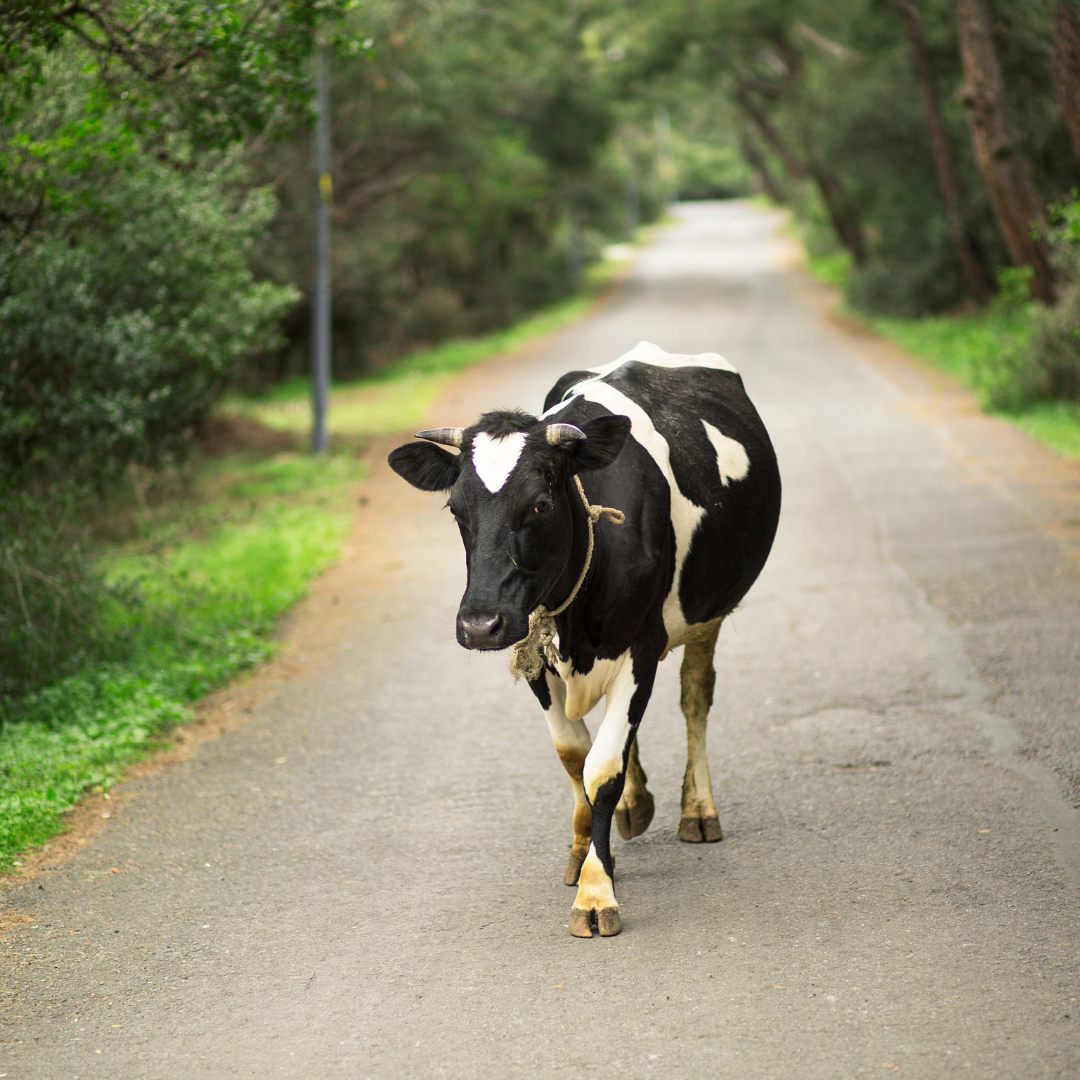
1. Ethics And Animal Rights
Ethics and animal rights are central to the vegan lifestyle. Many people choose veganism to align their actions with their values and promote compassion towards animals.
One of the primary ethical concerns is the treatment of animals in factory farming.
Factory farming practices often involve confining animals in small and crowded spaces, depriving them of natural behaviours, subjecting them to stressful conditions, and using procedures like debeaking, tail docking, and dehorning without anesthesia.
The inherent suffering and lack of respect for the well-being of animals in these systems motivate many individuals to reject animal products altogether.
Using animals for testing in cosmetics, pharmaceuticals, and scientific research raises ethical concerns.
Animal testing involves subjecting animals to potentially harmful substances and procedures, causing pain, distress, and even death—veganism advocates for alternative testing methods that do not involve animal experimentation and support cruelty-free products.
Animals used for entertainment, such as circuses, rodeos, and marine parks, are often subjected to unnatural living conditions, confinement, physical punishment, and mental distress.
Veganism opposes the exploitation of animals for entertainment and encourages the support of cruelty-free forms of entertainment.
Veganism challenges the concept of speciesism, which is the belief that humans have special rights or worth compared to other animals.
It questions the notion that humans are entitled to use animals for their benefit and challenges the ethical inconsistency of valuing certain species while disregarding the suffering and rights of others.
Environmental concerns are also intertwined with animal rights. The impact of animal agriculture on deforestation, climate change, water pollution, and resource depletion raises ethical questions about the responsible use of the Earth's resources and the rights of future generations.
The ethical stance against animal suffering is a core principle of veganism. Animals in various industries, including food production, clothing, and entertainment, often endure physical and psychological pain.
Veganism seeks to minimize or eliminate this suffering by rejecting products derived from animal exploitation.
Veganism challenges the notion that certain species are superior to others. It recognizes that all sentient beings, regardless of their species, can experience pain, pleasure, and emotions.
Veganism rejects using animals as commodities or property and advocates for all living beings' inherent values and rights.
Veganism promotes compassion and empathy towards animals. It encourages individuals to consider the interests and well-being of animals in their choices and actions.
People aim to align with their values of kindness, compassion, and justice by adopting a vegan lifestyle.
Veganism aligns with the principle of nonviolence, extending it to animals. It emphasizes peaceful coexistence and advocates for resolving conflicts without causing harm to others.
Veganism rejects the violence inherent in industries that exploit and harm animals. Ethics and animal rights entail taking personal responsibility for one's choices and actions.
Veganism empowers individuals to make conscious decisions that reflect their commitment to a more ethical and sustainable world.
It encourages individuals to educate themselves about the consequences of their choices and actively seek alternatives that align with their moral beliefs.
Ethics and animal rights often go hand in hand with advocacy and activism. Many vegans spread awareness, support animal rights organizations, participate in campaigns, and promote legislative changes to protect animals from cruelty and exploitation.
By considering the ethical dimensions of animal rights, vegans strive to create a more compassionate and just society that respects the rights and well-being of all sentient beings.
They aim to foster a world where animals are not seen as commodities but as individuals deserving of respect, compassion, and freedom.

2. Environmental Impact Of Veganism
Animal agriculture contributes to greenhouse gas emissions, especially nitrous oxide and methane. Vegans drastically lower their carbon footprint by cutting out or lowering their use of animal products.
Veganism is a powerful tool in the fight against climate change since plant-based diets produce less greenhouse gas emissions than diets based on animal products.
Animal agriculture requires vast amounts of land for livestock grazing and feed production. This leads to deforestation, habitat destruction, and soil degradation.
Veganism promotes the efficient use of land and resources by emphasizing plant-based foods that require less land and water.
Animal agriculture is water-intensive, requiring large amounts of water for animal drinking, irrigation of feed crops, and cleaning.
By adopting a vegan lifestyle, individuals can significantly reduce their water footprint.
Plant-based foods generally have a lower water footprint than animal products, making veganism a sustainable choice for water conservation.
Animal agriculture contributes to biodiversity loss due to deforestation, habitat destruction, and pollution.
Vegans aid in preserving ecosystems and protecting biodiversity by lowering the demand for animal products.
This makes it possible to protect natural environments, conserve endangered species, and maintain ecological balance.
Animal agriculture contributes to water and air pollution by discharging animal waste, pesticides, and chemical fertilizers.
Vegans help mitigate pollution and promote cleaner ecosystems by reducing or eliminating animal products.
Plant-based agriculture typically requires fewer chemical inputs, reducing soil, water, and air pollution. Veganism aligns with principles of sustainable resource use.
Individuals reduce the strain on land, water, and energy resources by choosing plant-based alternatives.
Plant-based diets have the potential to support a growing global population more sustainably than diets heavily reliant on animal products.
Overfishing and destructive fishing practices have led to the depletion of fish populations and damage to marine ecosystems.
Choosing plant-based alternatives reduces the fish demand and supports marine biodiversity conservation.
Plant-based proteins, such as legumes and tofu, offer sustainable and ethical options for seafood.
Animal agriculture is a significant contributor to water pollution through the release of excess nutrients, pathogens, and chemicals into water bodies.
These pollutants can lead to harmful algal blooms, oxygen depletion, and ecosystem degradation.
By adopting a vegan diet, individuals contribute to the reduction of water pollution and help protect aquatic ecosystems.
The livestock sector significantly contributes to greenhouse gas emissions, sometimes surpassing transportation.
Individuals can reduce their carbon footprint by choosing plant-based foods and contributing to climate change mitigation efforts.
Plant-based diets have a lower carbon intensity and can help alleviate the environmental impact of greenhouse gas emissions.
Adopting a vegan lifestyle offers numerous environmental benefits, including increased energy efficiency, reduced waste and pollution, conservation of fisheries and wildlife habitats, and climate change mitigation.
By making conscious choices in our diets, we can actively contribute to the preservation and sustainability of our planet.

3. Veganism And Sustainability
Animal agriculture significantly contributes to water scarcity and wastage. Livestock farming requires vast amounts of water for drinking, irrigation, and cleaning.
By adopting a vegan lifestyle, individuals can reduce their water footprint. Plant-based diets require less water than animal-based diets.
Animal agriculture is a leading cause of deforestation and land degradation. The production of animal feed, grazing, and the expansion of livestock operations often involve clearing forests and converting land for agricultural use.
This leads to habitat loss, soil erosion, and a decline in biodiversity. Choosing plant-based foods reduces the demand for animal agriculture and helps preserve land and ecosystems.
Methane and nitrous oxide, in particular, are produced in large quantities by the animal agricultural industry. More than the transportation industry, livestock production is a significant source of global emissions.
People switching to a plant-based diet can reduce their carbon footprint and help slow climate change. In comparison to animal-based diets, plant-based foods use less energy and resources.
Animal agriculture could be a more efficient use of resources. It requires large quantities of land, water, and feed to produce relatively small animal products.
This inefficiency exacerbates resource depletion, including the shortage of freshwater sources and the loss of arable land.
Plant-based diets are more resource-efficient, requiring fewer resources to produce the same food.
Adopting a vegan lifestyle supports the preservation of natural ecosystems. Animal agriculture often leads to habitat destruction, pollution of water bodies, and depletion of natural resources.
By reducing or eliminating the consumption of animal products, individuals can help protect and preserve ecosystems, promoting biodiversity and ecological balance.
Veganism promotes a more sustainable food system by shifting the focus towards plant-based foods.
Plant-based diets have the potential to feed more people using fewer resources compared to animal-based diets.
With the world's population projected to increase, sustainable food production is crucial for meeting global food demands while minimizing the environmental impact.
By embracing veganism, individuals can contribute to a more sustainable future by conserving water, reducing land degradation, mitigating climate change, promoting resource efficiency, and preserving ecosystems.
The choices we make in our dietary habits have the potential to create positive environmental change and foster a more sustainable world.

4. Overcoming Challenges In Veganism
Social situations can sometimes challenge new vegans, particularly when dining out or attending events where vegan options may be limited.
It can be helpful to research vegan-friendly restaurants in advance or offer to bring a vegan dish to share at gatherings.
Communicating your dietary preferences with friends and family can help them understand and accommodate your choices.
Family gatherings, especially during holidays, can be a concern for new vegans. Having open and respectful conversations with family members about your decision to go vegan can be helpful.
Offer to bring vegan dishes or suggest vegan-friendly alternatives for traditional recipes.
Family members are willing to accommodate your dietary choices and even become more open to trying plant-based options themselves.
Travelling as a vegan requires some planning, but it is entirely possible to maintain a vegan lifestyle on the go.
Research vegan-friendly restaurants or seek vegan options in local cuisines before your trip. It can also be helpful to bring snacks or easily portable foods when vegan options are limited.
Also, consider booking accommodations with kitchen facilities to prepare meals if needed.
Cravings for familiar or favorite non-vegan foods can occur during the transition to veganism. It can be helpful to explore vegan alternatives to satisfy these cravings.
Many traditional non-vegan foods have vegan versions, including plant-based burgers, dairy-free ice cream, and vegan cheeses.
Experimenting with new recipes and various plant-based foods can also help discover new favourites and satisfy cravings healthily and compassionately.
Finding support from like-minded individuals can be valuable when facing challenges as a new vegan.
Connect with local vegan groups or online communities where you can seek advice, share experiences, and find support.
These communities often provide valuable resources, recipes, and recommendations for vegan-friendly options in different areas.
Remember that transitioning to a vegan lifestyle is a journey, and it's okay to encounter challenges along the way.
With time and experience, navigating social situations, family gatherings, travelling, and cravings will become easier.
By staying upbeat, open-minded, and resourceful, you can overcome these challenges and embrace the rewards of living a compassionate and sustainable vegan life.

Conclusion
In conclusion, understanding the basics of veganism is essential for anyone interested in adopting a compassionate and sustainable lifestyle.
Veganism goes beyond dietary choices and encompasses a broader ethical standpoint to minimize animal harm, protect the environment, and promote a more sustainable future.
Vegans strive to create positive change by abstaining from animal products and embracing a plant-based diet.
By embracing veganism, individuals have the power to make a positive impact on their health, animal welfare, and the environment.
Every small change and conscious choice can contribute to a more compassionate, sustainable, and inclusive world for all beings.
Whether for ethical, environmental, or health reasons, the basics of veganism provide a strong foundation for making informed choices and embracing a lifestyle of compassion and sustainability.
I trust you enjoyed this article about the Basics Of Veganism. Please stay tuned for more blog posts to come shortly. Take care!
JeannetteZ
>>> Please click here to read my Vegan Travel Guides To World Destinations <<<
>>> Want To Learn How To Create Delicious, Cruelty-Free, Healthy AND 100% Vegan Meals? Try These Awesome Vegan Cooking Courses With A Free 7-DAY MEMBERSHIP<<<
Your Opinion Is Important To Me
Do you have thoughts, ideas, or questions? I would love to hear from you. Please leave me your questions, experiences, and remarks about this article on the Basics Of Veganism in the comments section below. You can also email me at Jeannette@LivingTheVeganLifestyle.org.
Disclosure
This post may contain affiliate links. I earn from qualifying purchases as an Amazon Associate and other affiliate programs. Please read my full disclosure.
Here are links to some of my favourite articles:
7 Delicious Vegan French Toast Recipes

